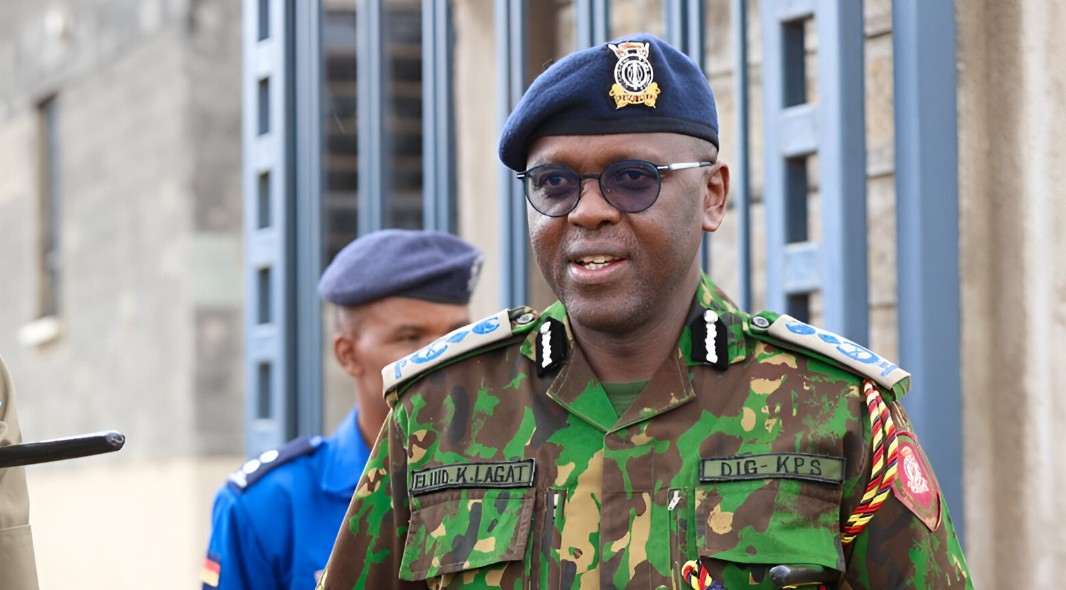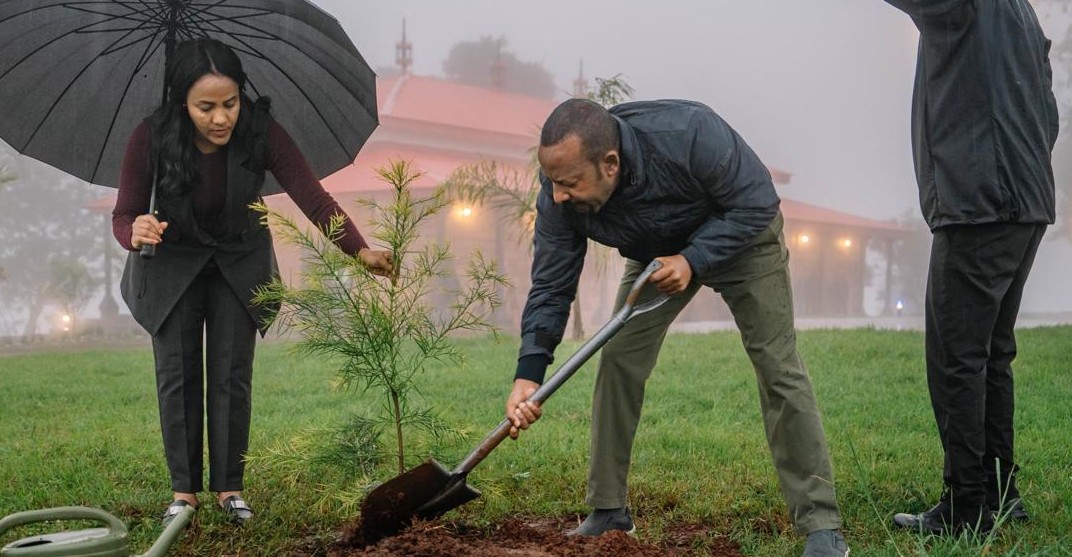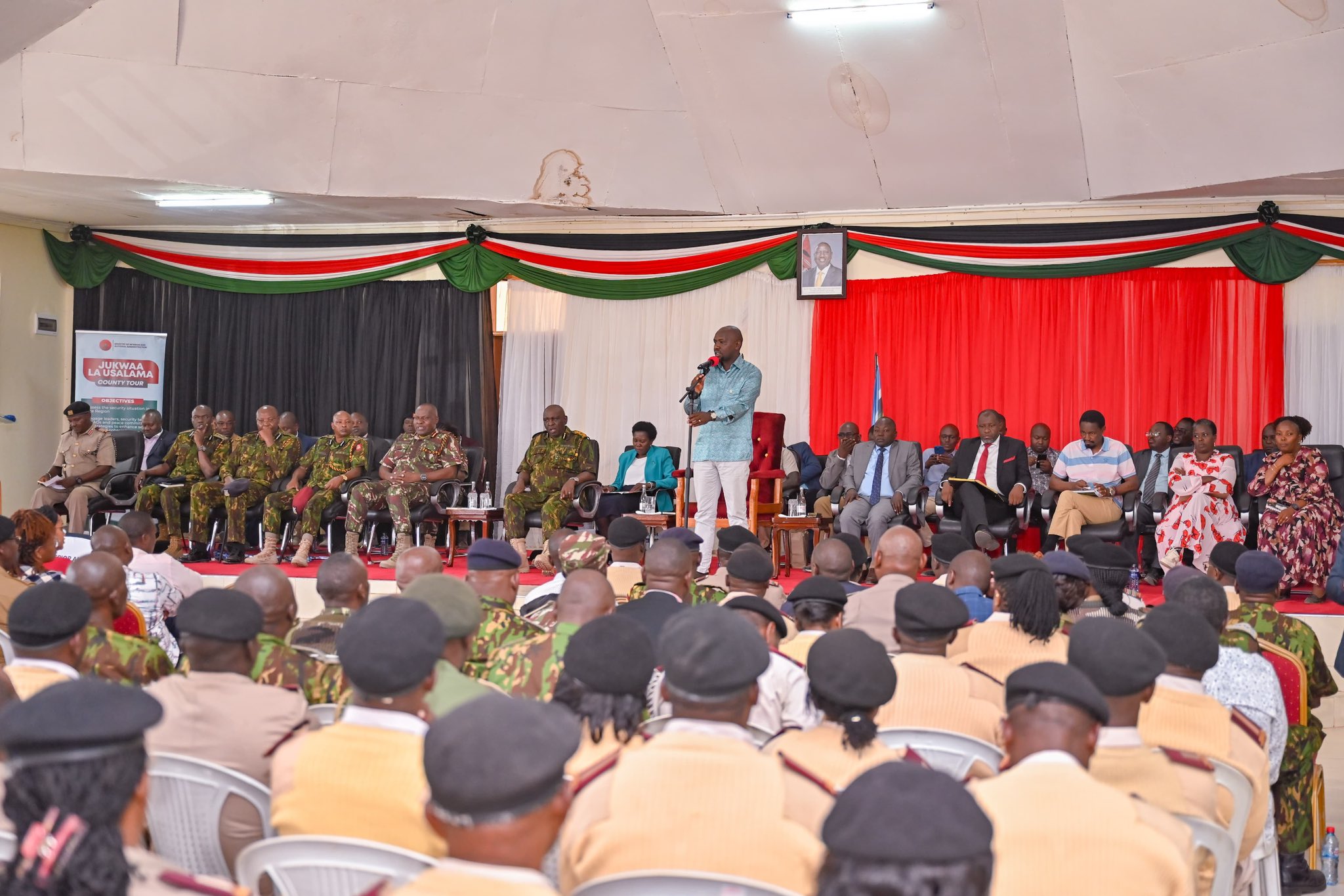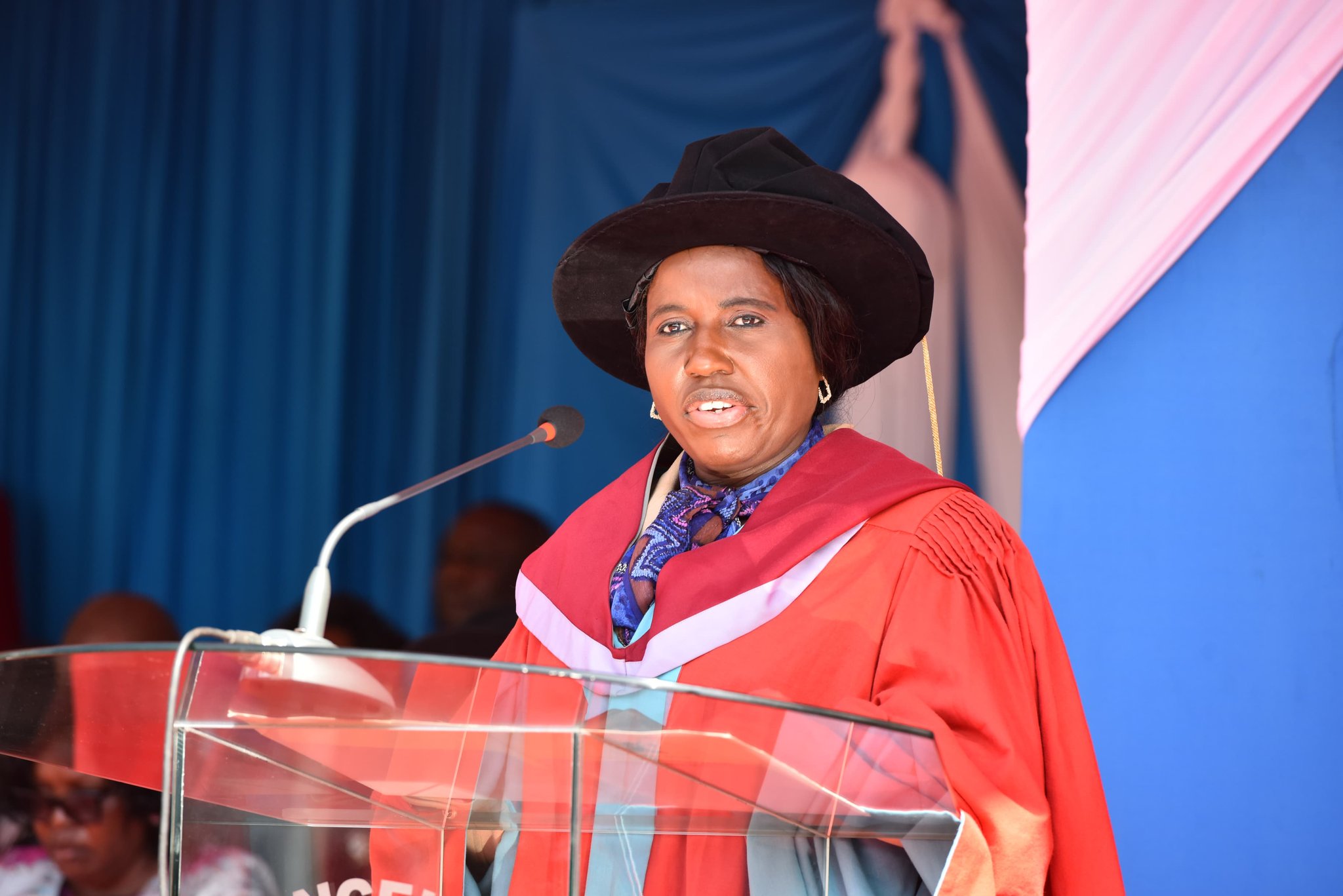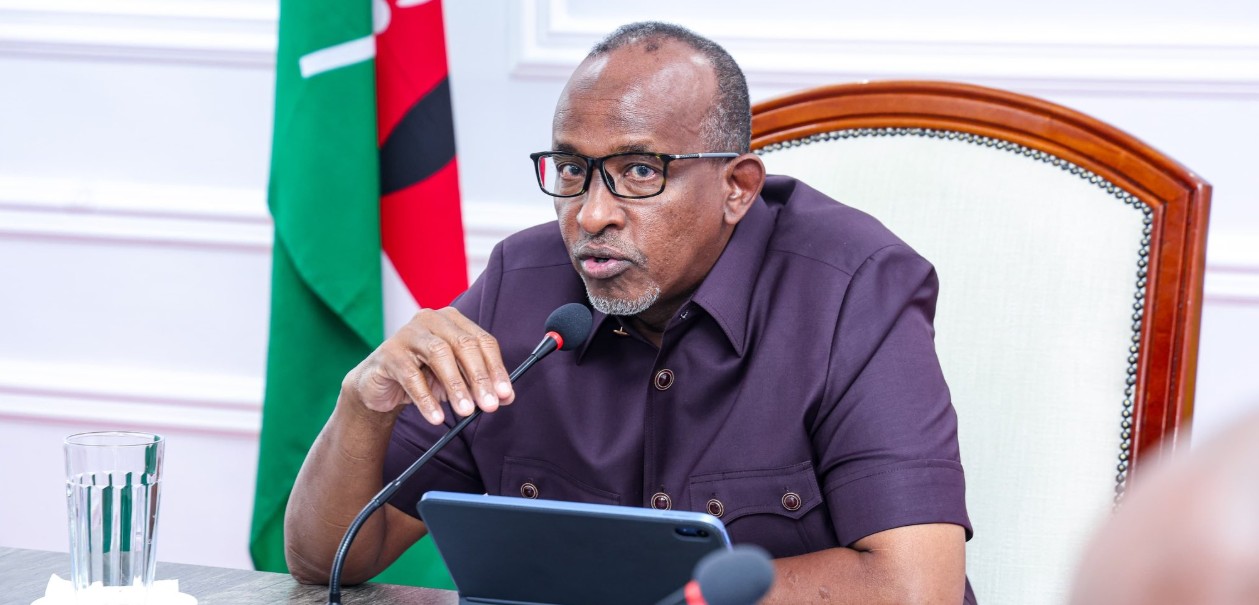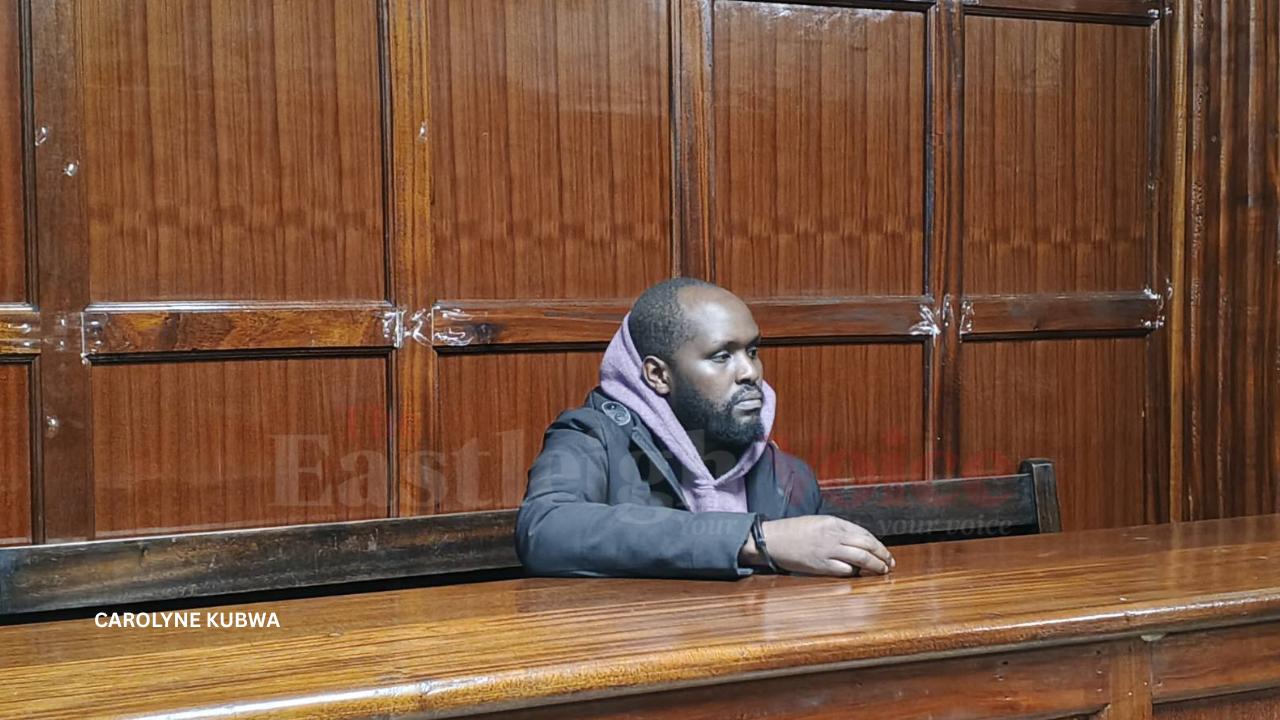MPs give Uwezo Fund 14 days to explain audit failures as legislators mull merger

The House committee expressed concern over the Fund’s financial management and weak oversight systems, warning that continued non-compliance could trigger a wider shake-up of state-backed initiatives meant to benefit women, youth and vulnerable groups.
Poor accountability, rising default rates and weak recovery structures have plunged the Uwezo Fund into a crisis, prompting legislators to consider restructuring or merging the initiative with other government empowerment schemes.
In a session on Wednesday, the National Assembly’s Special Funds Committee slammed the fund for failing to address the majority of issues raised by the Auditor General, including an inability to recover over Sh4 billion in unpaid loans.
More To Read
- Cabinet Secretaries announce fresh appointments to boards across state agencies
- Job losses loom as government mulls merging, dissolving 42 state corporations
- Government freezes hiring, contract renewals across 42 state corporations amid restructuring plans
- Treasury targets Sh42 billion from parastatal surplus funds
- Six development authorities to be disbanded under government reform plan
- Uncertainty looms for 3,100 civil servants in sweeping parastatal reforms
The committee, chaired by Fatuma Zainab, expressed concern over the Fund’s financial management and weak oversight systems, warning that continued non-compliance could trigger a wider shake-up of state-backed initiatives meant to benefit women, youth and vulnerable groups.
“The structures in place are too weak to ensure accountability. Loans are disbursed without a robust system for tracking repayments, making recovery almost impossible,” Fatuma said during the committee session.
“We are now forced to consider merging these funds so that they can operate more efficiently and reduce the risk of financial losses.”
Audit reports for the financial years 2022/2023 and 2023/2024 revealed that Uwezo Fund satisfactorily responded to only three out of ten issues raised by the Auditor General. In the 2022/2023 financial year alone, the Fund was unable to recover over Sh4 billion in defaulted loans.
The audit further highlighted serious under-expenditure, with Sh193 million going unused despite having been allocated in the national budget. Additionally, staffing constraints were flagged as a concern, with only 21 employees, mostly seconded from the State Department, managing operations that were originally meant to be run by a team of 70.
In the 2023/2024 fiscal year, the Auditor General cited an even heavier load of bad debt, which had grown to more than Sh5 billion. The report also pointed to the Fund’s failure to separate recurrent and non-recurrent receivables, a deficit of Sh74 million, and an over-expenditure of Sh58 million, all of which painted a picture of worsening financial discipline.
The committee further observed that up to 75 per cent of loans disbursed by the Fund remain unpaid, a trend that has also been mirrored in the Women Enterprise Fund and the Youth Fund.
“It is evident that the intention behind these funds was noble, but the reality on the ground is different. Borrowers are defaulting, and we have no viable mechanism for pursuing recovery. If we do not act, we risk writing off billions of shillings,” Fatuma said.
The Uwezo Fund has now been given a 14-day ultimatum to submit satisfactory responses to both the Office of the Auditor General and the Special Funds Committee.
The outcome of that process will determine whether the government proceeds with a proposed merger of affirmative action funds.
Top Stories Today


